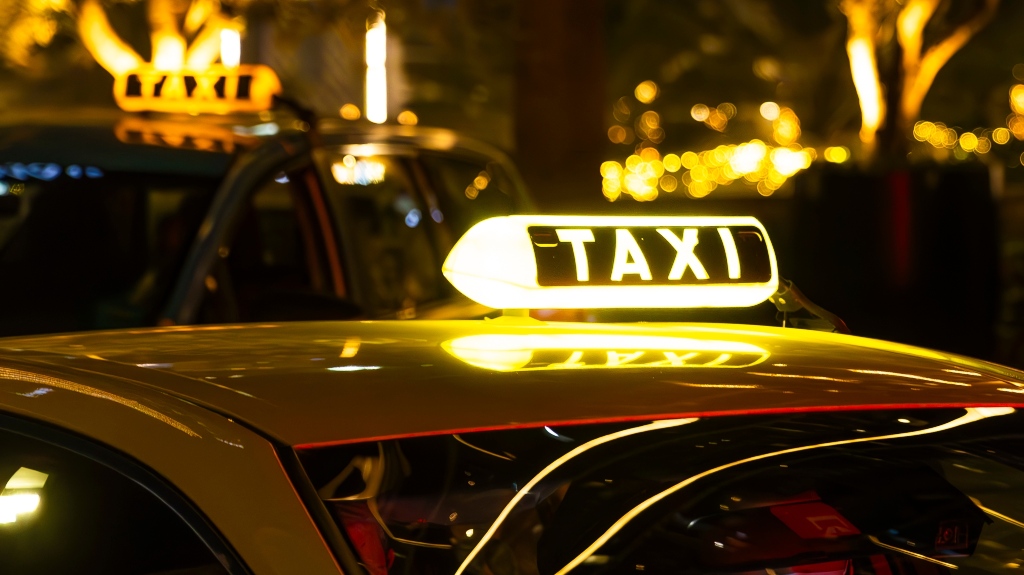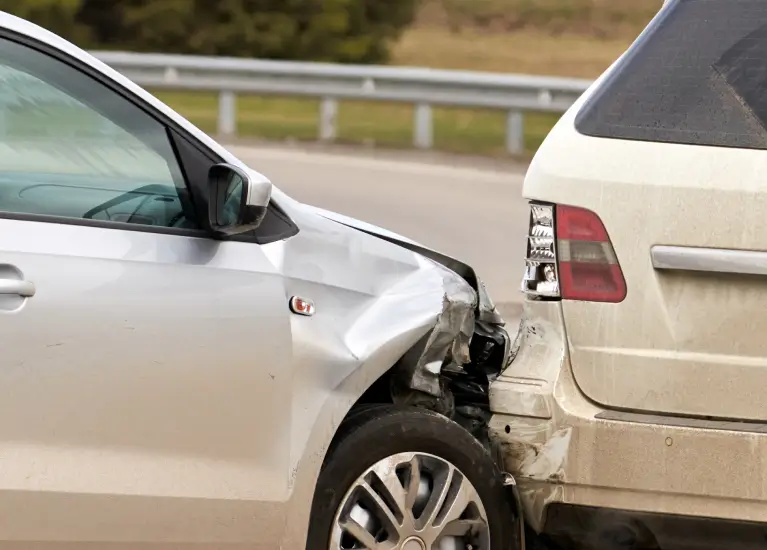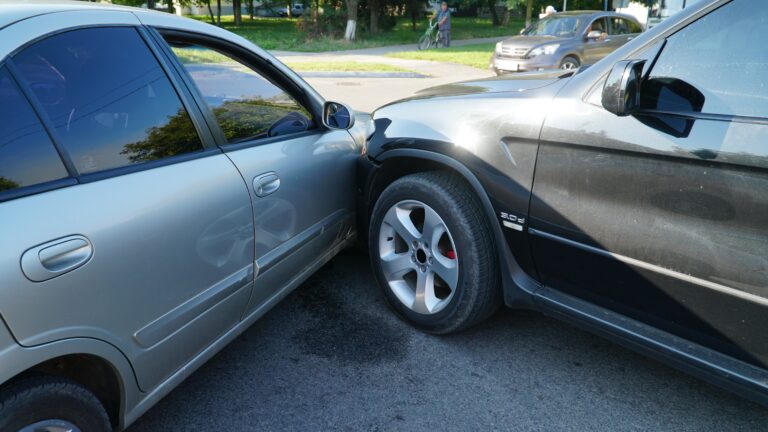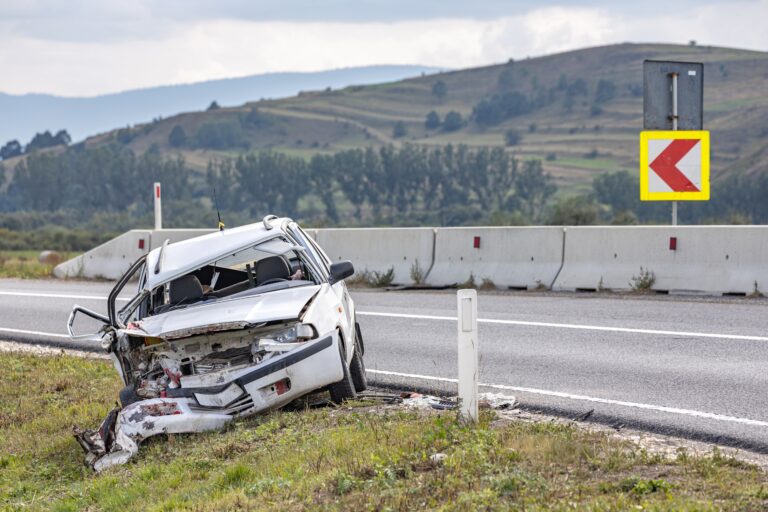Uber/Lyft Accident Attorney Chicago IL

In recent years, ride-sharing services like Uber and Lyft have become increasingly popular, offering convenient transportation options for many. However, accidents involving these vehicles can lead to serious injuries and financial losses. If you’ve been involved in an Uber or Lyft accident, it’s crucial to understand your rights and seek legal representation.
If you have been involved in an accident while using Uber or Lyft services, the aftermath can be challenging. In addition to physical injuries, you may face financial difficulties such as medical bills, loss of income and vehicle damage. These situations are complex, as insurance claims and legal issues can be more complicated than in standard car accidents. Therefore, it is essential to seek help from a knowledgeable Uber/Lyft attorney in Chicago.
Read More Testimonials from our Clients!
The Complexity of Uber/Lyft Accidents
Unlike traditional taxi services, ride-sharing companies operate as technology platforms, connecting drivers with passengers. This unique business model raises questions about liability in case of an accident. Determining who is responsible for an Uber or Lyft accident can be complex, as factors like the driver’s status (independent contractor or employee) and the company’s involvement in screening and training drivers play a significant role.
Common Injuries in Uber/Lyft Accidents
Uber and Lyft accidents can result in a wide range of injuries, including:
- Whiplash: A common injury caused by sudden and forceful movements of the head and neck, which can occur even in low-speed collisions. Symptoms may not appear immediately, leading some victims to delay seeking medical treatment, which insurance adjusters can later use to dispute a claim.
- Broken bones: Fractures can occur in different parts of the body, such as arms, legs, ribs, and facial bones. This can happen if people are thrown against internal surfaces or ejected from a vehicle.
- Head injuries: Traumatic brain injuries can have serious and long-term consequences, including memory problems, cognitive difficulties, mood disorders, and even permanent disabilities.
- Spinal cord injuries: Damage to the spinal cord can lead to partial or complete paralysis, necessitating lifelong medical treatment and the use of adaptive equipment.
- Soft tissue injuries: Strains, sprains, and contusions are common injuries in car accidents. While they are not as serious as fractures, they can still cause chronic pain and reduce mobility.
Seeking Legal Representation
If you’ve been injured in an Uber or Lyft accident, it’s highly recommended to consult with an experienced personal injury attorney. They can help you:
- Understand your rights: An attorney can explain the complex legal landscape surrounding ride-sharing accidents and guide you through the process.
- Gather evidence: Collecting evidence such as accident reports, medical records, and witness statements is crucial for building a strong case.
- Negotiate with insurance companies: Insurance companies often try to minimize payouts. A skilled attorney can negotiate on your behalf to secure a fair settlement.
- File a lawsuit if necessary: If a settlement cannot be reached, we can file a lawsuit to seek compensation through the legal system.
Learn More About CTA Bus Accidents
Contact Fabbrini Law Group Today
At Fabbrini Law Group, our experienced personal injury attorneys are committed to helping victims of Uber and Lyft accidents. We understand the challenges you may face and are dedicated to providing personalized legal representation. Contact us today for a consultation and let us help you navigate the legal process.
Frequently Asked Questions About Rideshare Accident Claims
Related Articles
-
Sun City Huntley Car Accident on Del Webb Blvd: What Injured Drivers Should Do
A two-vehicle crash in Sun City Huntley on February 12, 2026, sent both drivers to the hospital and disrupted an otherwise quiet McHenry County evening. According to local police reports, the collision happened around 9:45 p.m. near West River Park Drive and Del Webb Boulevard. If you were injured in a similar McHenry County traffic…
-
Harvey I‑57 Off‑Ramp Crash: Fatal SUV Accident on 147th Street (Feb 9 2026)
Understanding the Harvey, Illinois I‑57 Off‑Ramp Crash On February 9, 2026, the northbound off‑ramp of Interstate 57 at 147th Street in Harvey became the scene of a devastating single‑vehicle crash. A Chevrolet Tahoe left the roadway and slammed into a concrete wall, ejecting the driver and causing fatal injuries. No other vehicles were involved, and authorities closed…
-
Pilsen CTA Bus Crash: Rear‑End Collision in Heart of Chicago (Feb 9 2026)
Details of the Pilsen CTA Bus Crash In the early morning of February 9, 2026, a silver SUV traveling along South Blue Island Avenue collided with the rear of a CTA bus stopped at a red light in Chicago’s Pilsen neighborhood. The impact crushed the SUV beneath the bus’s bumper, fatally injuring the 32‑year‑old driver. The…





